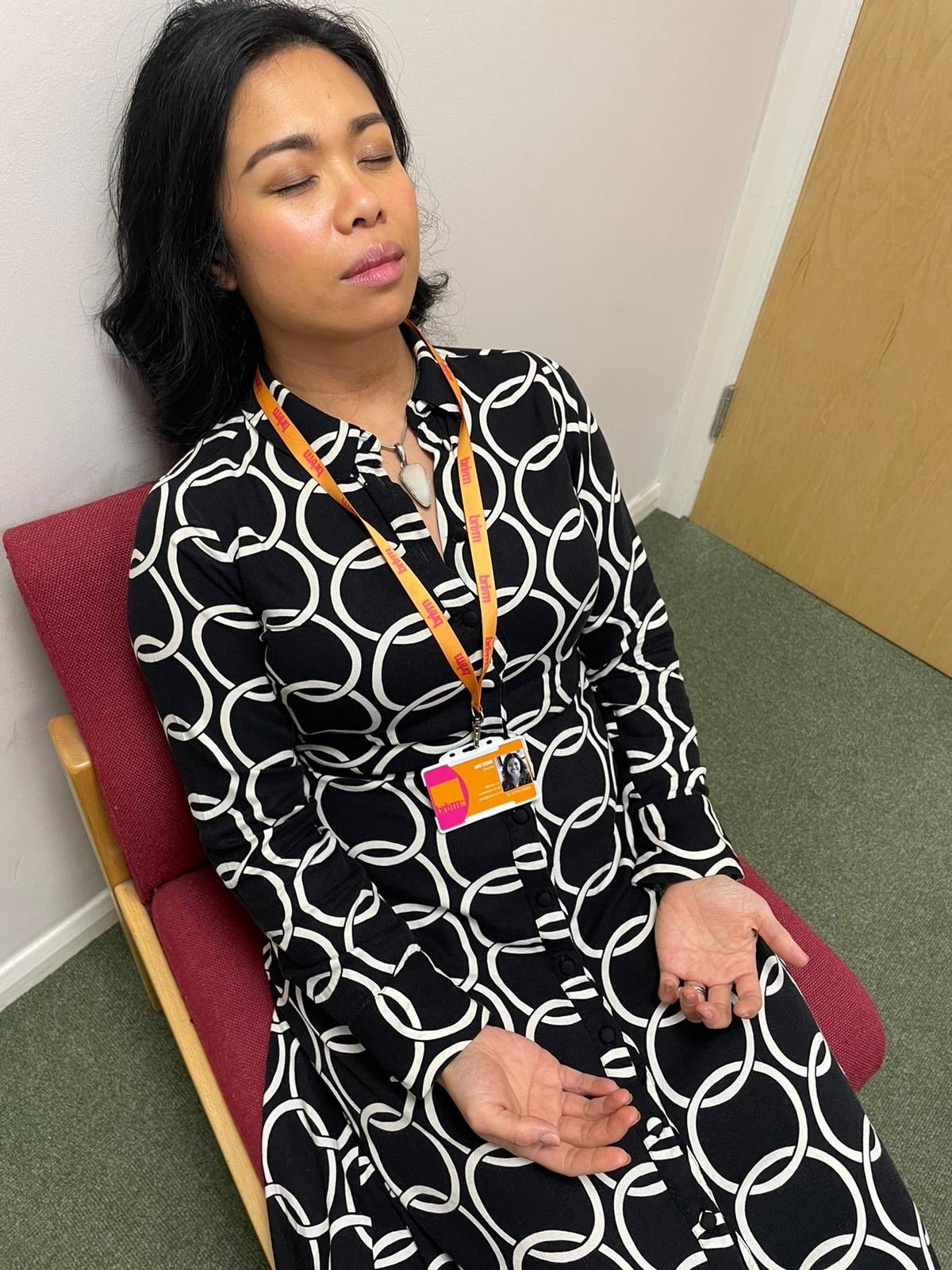
Professional help for concerned parents
BRIYM is here to support your children with their mental health
BRIYM is a group of highly qualified therapists run by teachers. We are Headteachers, Assistant Headteachers, Head of Years, teachers and support staff who now have joined together to combat the mental health crisis within young people.
As well as all the work we do in schools we provide a private service for parents to access to support their children.
All the therapists at BRIYM also work out of school hours providing excellent mental health support for children between the ages of 4 and 18 - please see the below testimonials.
BRIYM offers a seven-week programme designed to equip children with practical mental health techniques that strengthen resilience. We guide and support them in applying these skills to help manage their emotions and navigate challenges with confidence.
The seven-week plan costs £45 per week. This is for a 30-minute therapy session, and this can be completed online or in person.
Get in touch with us today to see how we can help your child.
Cost from £45 per Session, please ask for details
We also work with students from overseas and we are lucky to have two therapists who speak fluent Cantonese and Mandarin.
parents support
Whilst your child is receiving support from BRIYM, parents can feel disempowered and somewhat removed from the process. However, below are many different techniques and resources parents can use to help support their child, encourage them to develop resilience and give them strategies to deal with emotions and situations they might encounter.
The Tapping Technique
Bi-Lateral Stimulation
Tapping Technique
Relaxation Technique
Box Breathing
Breathing Technique
Singing Sheet
recommended reading
The Teenage Brain by Frances E. Jensen
The Secret to Teen Power by Paul Harrington
Inventing Ourselves by Sarah – Jayne Blake
The First 100 Days by Micky Mellon
Rebel Ideas by Matthew Syed
Toxic Girl by Chantal Fernando
Never Let Go: How to Parent Your Child Through Mental Illness by Suzanne Alderson
Inventing Ourselves: The Secret Life of the Teenage Brain by Sarah-Jayne Blakemore
Every Parent Should Read This Book: Eleven Lessons for Raising a 21st Century Teenager by Ben Brooks
“Mum, What’s Wrong With You?” 101 Things Only Mothers of Teenage Girls Know by Lorraine Candy
The Emotional Lives of Teenagers: Raising Connected, Capable and Compassionate Adolescents by Lisa Damour
The Teenage Brain: A Neuroscientist’s Survival Guide to Raising Adolescents and Young Adults by Frances E. Jensen
Hold On to Your Kids: Why Parents Need to Matter More Than Peers by Gordon Neufeld and Mate Gabor
He’s Not Lazy: Empowering Your Son to Believe in Himself by Adam Price
Never Let Go: How to Parent Your Child Through Mental Illness by Suzanne Alderson
Parenting the New Teen in the Age of Anxiety by John Duffy
The Incredible Teenage Brain: Everything You Need to Know to Unlock Your Teen’s Potential by Tara Murphy, Jane Gilmour and Bettina Hohnen
Parenting Your LGBTQ+Teen: A Guide to Supporting, Empowering, and Connecting with Your Child by Allan Sadoc
Talking Through the Tough Stuff with Teens: Making Conversations Work When It Matters Most by Fiona Spargo-Mabbs
Obsessive Compulsive Disorder: Cognitive Behavioural Therapy with Children and Young People by Polly Waite and Tim Williams
Breaking Free from OCD: A CBT Guide for Young People and their Families by Jo Derisley, Isobel Hayman, Sarah Robinson and Cynthia Turner
Helping Your Child with Fears and Worries: A Self-Help Guide for Parents by Cathy Cresswell and Lucy Willetts
Can I tell you about my Anxiety? A guide for friends, family and professionals by Lucy Willetts and Polly Waite
Helping Your Autistic Child: A Self-Help Guide for Parents by Ann Ozsivadjian
Am I Depressed, And What Can I Do About It?: A CBT Self-Help Guide for Teenagers Experiencing Low Mood and Depression by Shirley Reynolds and Monika Parkinson
Overcoming Social Anxiety and Building Self-Confidence: A Self-Help GUide for Teenagers by Eleanor Leigh, Emma Warnock-Parkes, Elyse Brassard, and David M. Clark
websites to avoid
Private servers - Duck Duck Go. Unlike other search engines, which collect your information when you use them, an anonymous search engine doesn’t track you or your searches, or tie them to you in any way.
Tor - Dark web browser - Tor Browser is anonymous in terms of hiding your location and browsing activity.
Firefox private - Hides location and browsing history.
Private browsing can help keep your web activity private and prevent ad-tracking, but also gives kids a way to hide their web activity.
Discord - Because it's all user-generated, there is the potential for plenty of inappropriate content, like swearing and graphic language and images.
Emerald Chat/Omegle - Emerald Chat/Omegle is a free online chat website that allows users to socialise with others without the need to register. The service randomly pairs users in one-on-one chat sessions where they chat anonymously using the names "You" and "Stranger."
hashtags for concern
self harm – #SHTWT
It’s a hashtag used on Social Media - Stands for Self Harm Twitter
The users posting to X (formerly Twitter) commonly use acronyms and coded language to discuss their cutting techniques, the report said. In addition to “shtwt,” they will refer to superficial self-cuts as a “catscratch” because it often looks like cat scratches, or “beans” to refer to deeper cuts. The term “raspberry filling” refers to blood, while “moots” is a reference to “mutually engaging in self-harm,” according to the report.
eating disorders – #EDTWT
Hashtags - pro-ana and Pro-mia
What is meant by “pro-ana” and “pro-mia”? The terms “pro-anorexia”, or “pro-ana”, and “pro-bulimia”, or “pro-mia”, refer to content, usually online, that promotes the harmful behaviour and mindset that forms part of some eating disorders.
What are pro ed communities? Pro-ED communities are a controversial subculture that promotes positive attitudes toward EDs, namely AN (pro-anorexia/proana) and bulimia nervosa (pro-bulimia/promia). These communities share content to promote thinness, provide advice to other members, and glorify low body weight as ideal.






